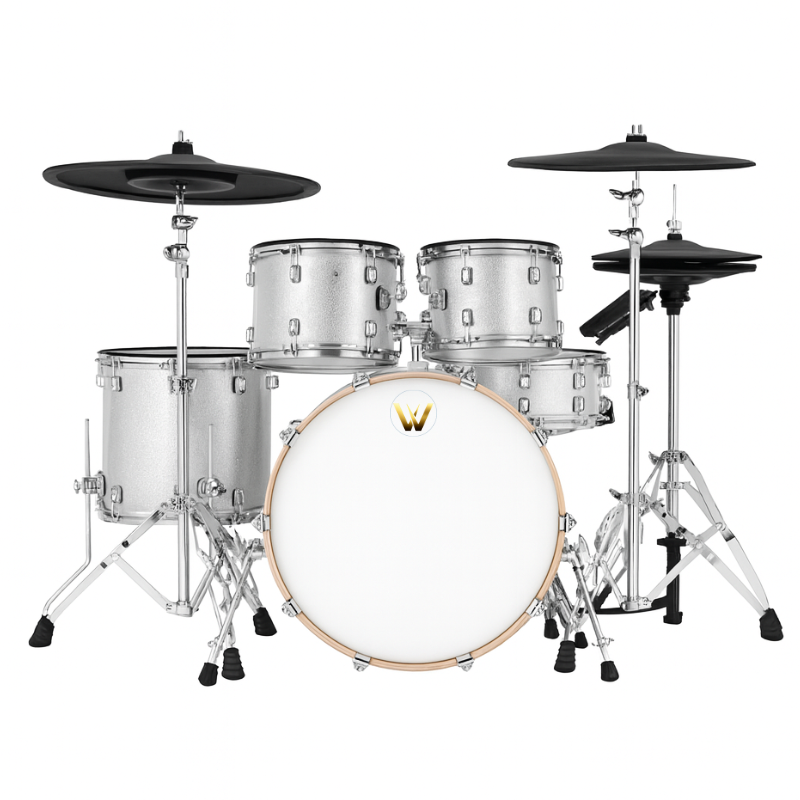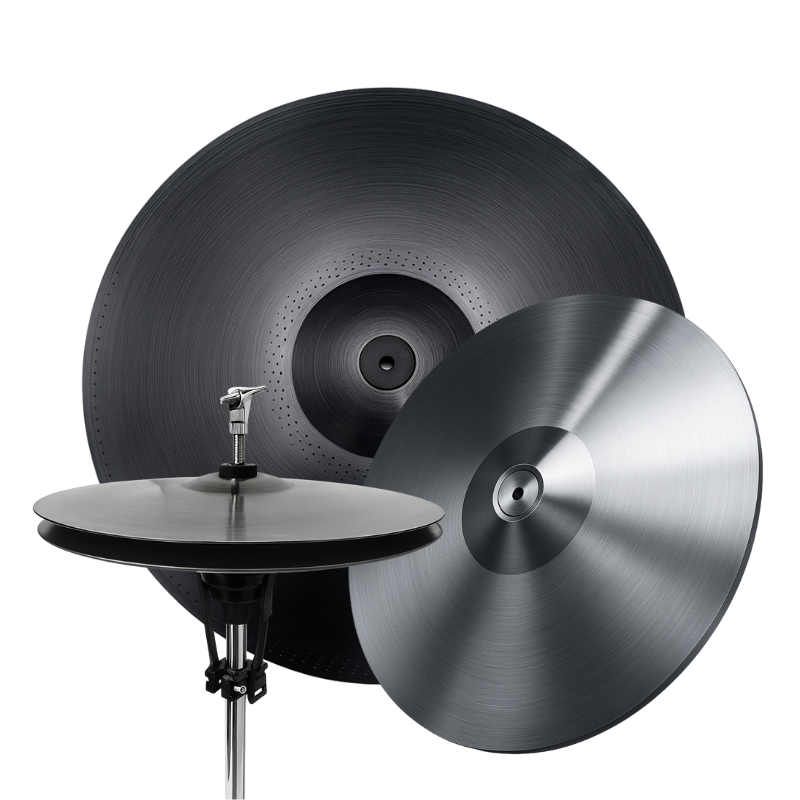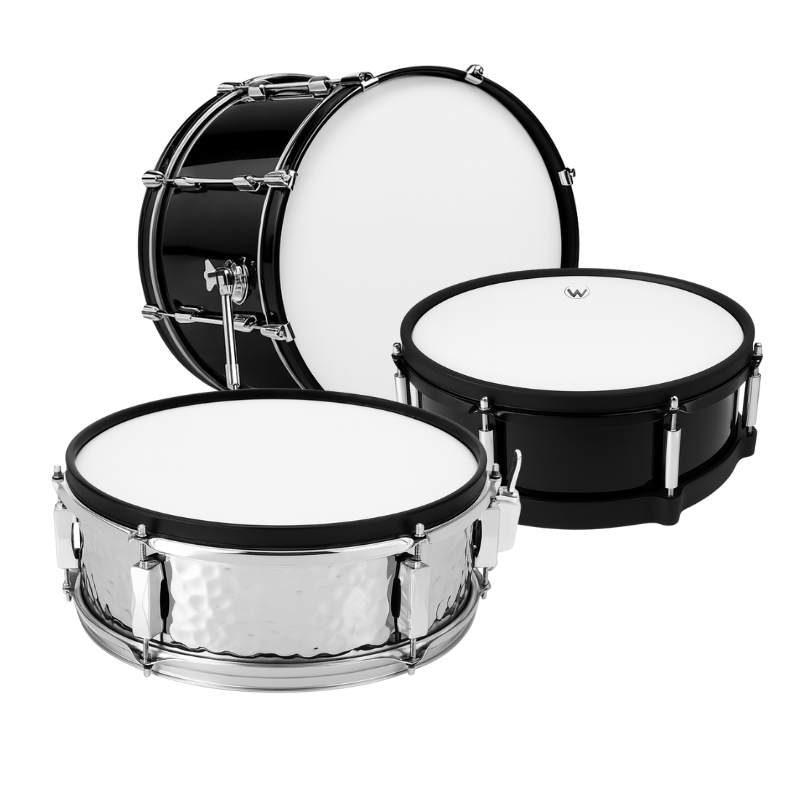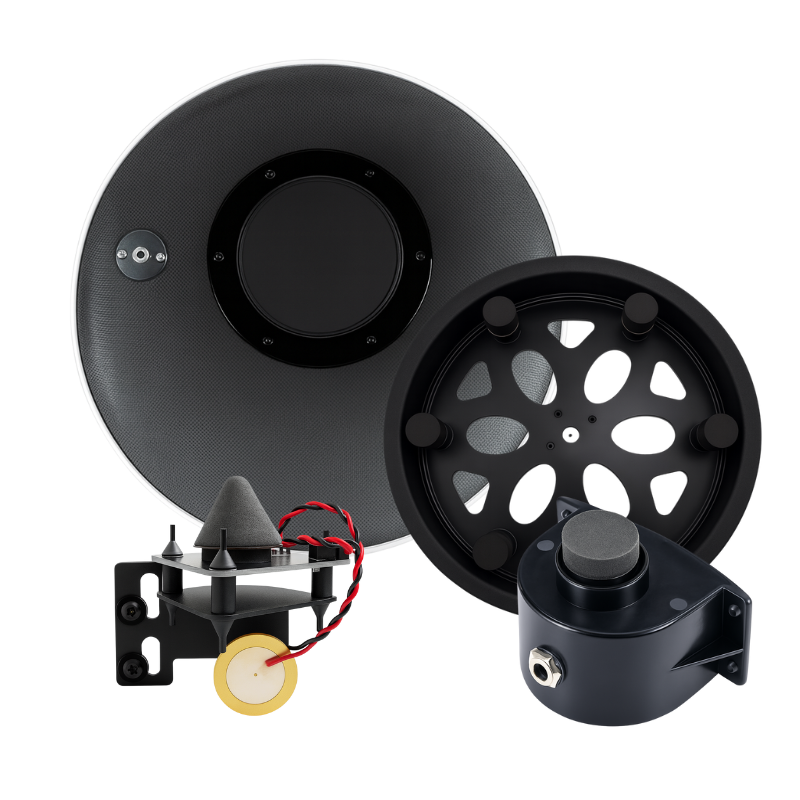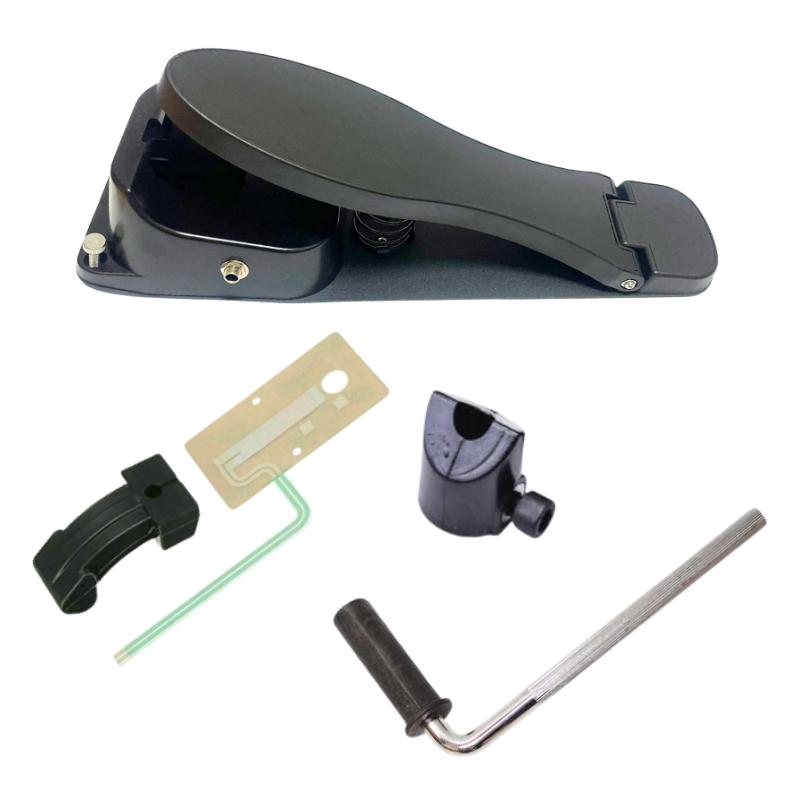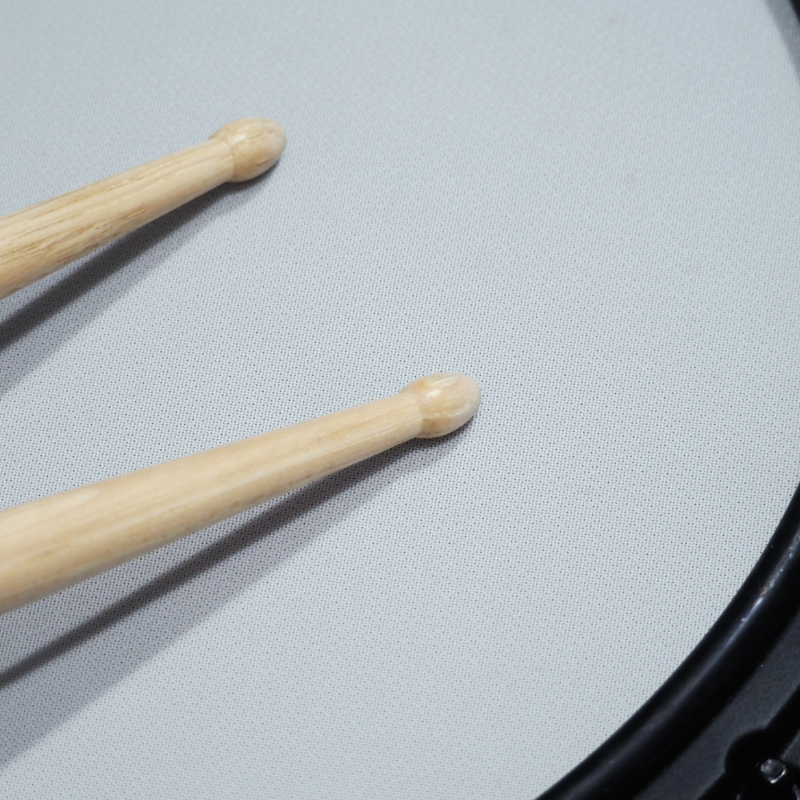
How Many Hours Should a Drummer Practice – Finding the Right Balance for Growth
Share
One of the most common questions drummers ask is how many hours a day they should practice
The answer depends on experience level, goals, available time, and the quality of practice — not just quantity
Practicing five focused minutes can sometimes be more valuable than two distracted hours
There is no perfect number
But there is a balanced approach that helps every drummer grow steadily and avoid burnout
Beginner Drummers – 20 to 45 Minutes a Day
If you're new to drumming, consistency matters more than long sessions
Focus on basic coordination, stick control, timing, and getting comfortable with the kit
Short but daily practice builds muscle memory and familiarity faster than infrequent long sessions
Use this time for rudiments, simple beats, and listening exercises
Intermediate Drummers – 1 to 2 Hours a Day
At this stage, practice becomes more layered
Split your time between technique, timing, independence, and musical application
You can start focusing on genres, grooves, fills, and transitions
Use a metronome, backing tracks, and record yourself to identify areas of improvement
One hour of focused practice a day is enough to make noticeable progress within weeks
Advanced and Professional Drummers – 2 to 4+ Hours a Day
Experienced drummers often work with structured routines that include warmups, speed training, creative exploration, and repertoire building
Many full-time drummers break up their day into segments — for example, technical drills in the morning, groove studies in the afternoon, and rehearsal or live playing later on
Practicing more than four hours a day is possible, but only beneficial if attention and focus remain strong
Physical rest and mental clarity are also part of serious training
Quality Over Quantity
Long practice sessions don’t guarantee results if you're not fully present
A focused 30-minute session can be more productive than two distracted hours
Define your goal for every practice block — whether it’s mastering a rudiment, tightening a groove, or improving dynamics
Use tools like practice journals, timers, and video recordings to measure progress
Building a Sustainable Practice Routine
Set realistic daily goals based on your lifestyle
If you only have 30 minutes a day, make it count
If you have more time, break it into smaller chunks to maintain concentration
Include warmups, technical work, creative time, and review of past material
Mix between pad work, full-kit playing, and listening
Don’t forget to rest, stretch, and protect your hands and posture
Related Keywords and Variants
How many hours to practice drums
Drum practice routine by level
Beginner drummer practice time
Professional drumming schedule
Efficient drum practice
Daily drum workout
Practice hours for musicians
How long should I practice drums
Drum improvement schedule
Drumming time management
Focused practice for drummers

